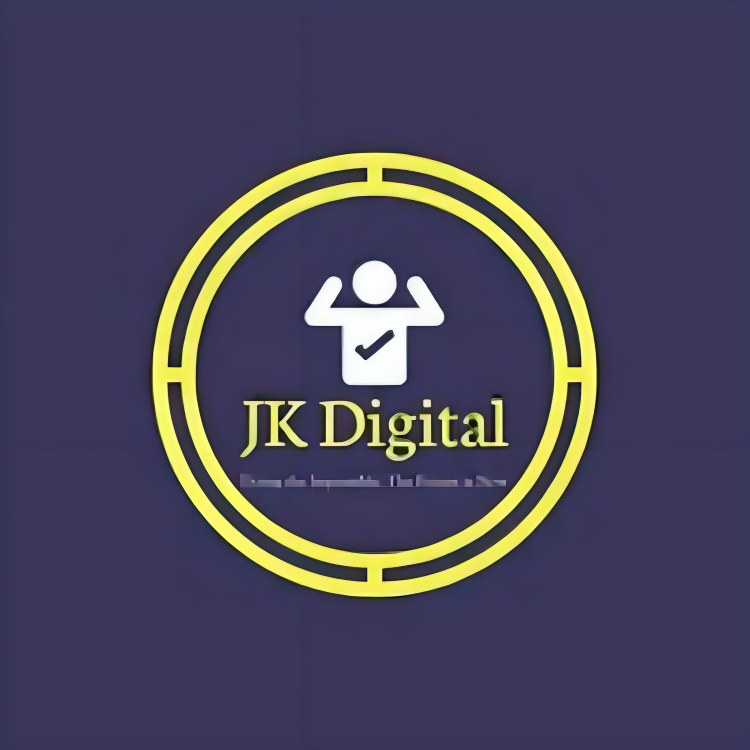The rise of remote work has opened up a world of opportunities for professionals globally. However, transitioning to a remote work environment can be challenging if you’re not adequately prepared. This article outlines seven essential steps to becoming a successful remote worker, along with the skills needed to thrive in this setting. Whether you’re new to remote work or looking to enhance your existing skills, these tips will help you navigate the remote work landscape effectively and show why most people believe that Remote work is the future of work life
1. Set Up a Dedicated Workspace
Creating a productive work environment is crucial for remote work success. Choose a quiet, comfortable space in your home to serve as your dedicated workspace. Invest in ergonomic furniture and ensure good lighting to reduce strain on your eyes. Keep your workspace organized and free from distractions to maintain focus.
Skill Areas
Organization: Keeping your workspace tidy and managing your tasks efficiently.
Self-discipline: Staying focused and avoiding distractions during work hours.
2. Develop Strong Communication Skills
Effective communication is the backbone of remote work. Without face-to-face interactions, it’s essential to master the art of clear and concise communication. Use tools like email, chat, and video conferencing to stay connected with your team. Practice active listening and provide regular updates to your colleagues.
Skill Areas
Written Communication: Crafting clear and concise messages.
Verbal Communication: Conveying information effectively during virtual meetings.
Active Listening: Understanding and responding appropriately to colleagues’ inputs.
3. Master Time Management
Managing your time effectively is key to productivity in a remote work environment. Create a daily schedule and prioritize tasks based on their importance and deadlines. Use time management tools like calendars, to-do lists, and productivity apps to stay organized and on track.
Skill Areas
Prioritization: Identifying and focusing on high-priority tasks.
Scheduling: Creating and adhering to a structured work schedule.
Procrastination Management: Avoiding delays and staying productive.
4. Embrace Technology
Remote work relies heavily on technology, so becoming tech-savvy is essential. Familiarize yourself with remote work tools and software, such as project management platforms, cloud storage, and communication apps. Stay updated on the latest technological trends and advancements to enhance your remote work experience.
Skill Areas
Tech Proficiency: Learning and using remote work tools efficiently.
Problem-Solving: Troubleshooting technical issues independently.
Adaptability: Embracing new technologies and adapting to changes.
5. Maintain Work-Life Balance
Achieving a healthy work-life balance is vital for long-term remote work success. Set clear boundaries between your work and personal life to avoid burnout. Establish a routine that includes regular breaks, exercise, and social activities. Communicate your work hours to your family and colleagues to minimize interruptions.
Skill Areas
Boundary Setting: Defining and maintaining clear work and personal boundaries.
Stress Management: Managing stress through healthy habits and relaxation techniques.
Self-Care: Prioritizing personal well-being and mental health.
6. Build a Support System
Having a strong support system is essential for remote work success. Connect with your colleagues, join remote work communities, and seek out mentors who can provide guidance and support. Share your experiences and challenges with others to gain insights and build meaningful connections.
Skill Areas
Networking: Building and maintaining professional relationships.
Collaboration: Working effectively with remote teams.
Mentorship: Seeking and providing mentorship and guidance.
7. Continuously Improve Your Skills
The remote work landscape is constantly evolving, so continuous learning is crucial. Invest in your professional development by taking online courses, attending webinars, and reading industry-related content. Stay curious and open to new ideas to keep your skills relevant and competitive.
Skill Areas
Lifelong Learning: Pursuing continuous education and skill development.
Adaptability: Embracing change and staying flexible in a dynamic work environment.
Goal Setting: Setting and achieving personal and professional development goals.
In Conclusion,
Becoming a successful remote worker requires a combination of the right skills, tools, and mindset. By setting up a dedicated workspace, developing strong communication skills, mastering time management, embracing technology, maintaining work-life balance, building a support system, and continuously improving your skills, you’ll be well on your way to thriving in the remote work environment.
By following these steps and honing the necessary skills, you’ll not only succeed in your remote work journey but also enjoy the many benefits that come with this flexible and dynamic work style.



